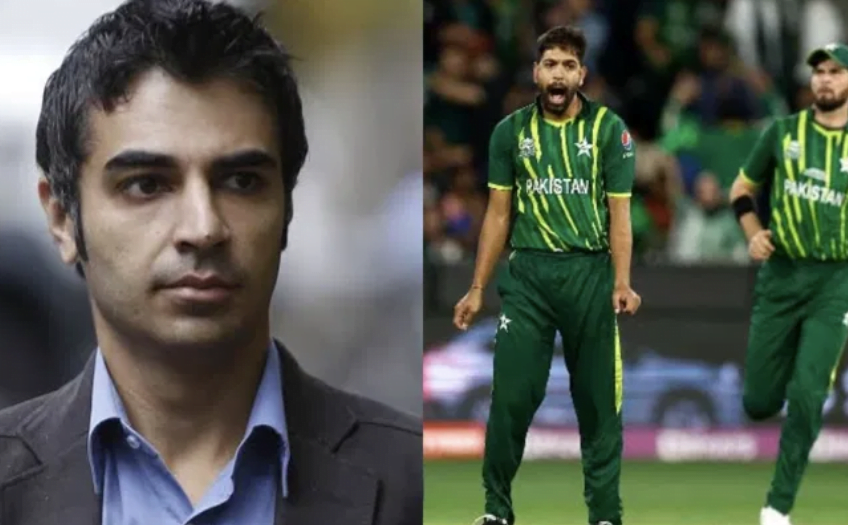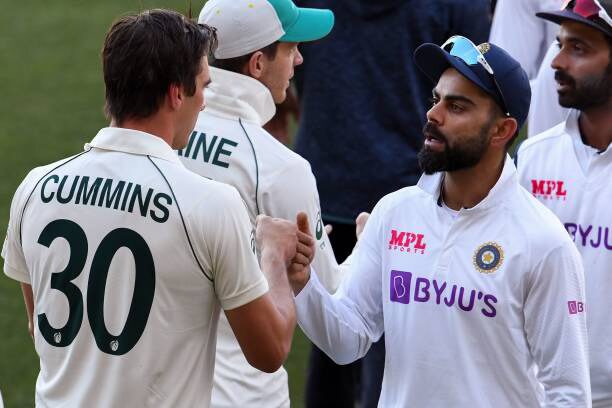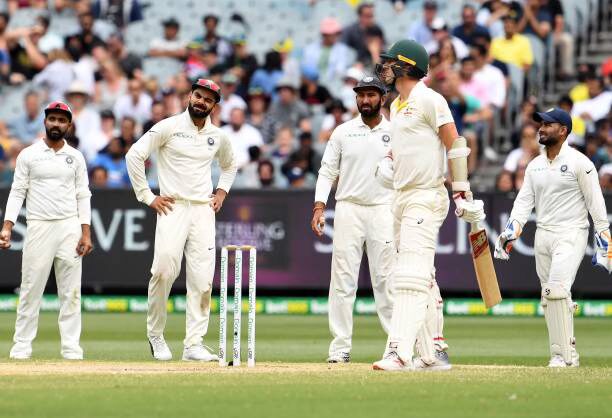
(Source X)
Former Pakistan cricketer Salman Butt has pointed out that if the Pakistan pace trio of Naseem Shah, Haris Rauf, and Shaheen Afridi had been nurtured in a more effective system, they could have emerged as the most formidable bowlers in international cricket.
Shaheen Afridi, Naseem Shah, and Haris Rauf, key assets for the Pakistan National Cricket Team, are widely recognized as some of the most promising fast bowlers in world cricket today. They have played crucial roles in significant victories across all formats.
However, concerns have been raised about the management of Pakistan Cricket Board regarding their handling of fast bowlers. The trio has been plagued by injuries lately, and their performances have also shown a decline, posing significant challenges for the team.
Recently, Shaheen Afridi has faced a slump in form, struggling to take wickets and conceding runs at an alarming rate. Meanwhile, Naseem Shah has been grappling with fitness issues, and Haris Rauf has predominantly been limited to white-ball cricket.
In a discussion on his YouTube channel, Salman Butt was asked whether Shaheen Afridi, Naseem Shah, and Haris Rauf would have developed differently in other cricketing environments. Butt responded by suggesting that under different systems, they could have become significantly more potent threats. He emphasized that blaming the players themselves for their current situations would be unjust.
Butt highlighted the selective use of Haris Rauf primarily in T20Is, indicating that the management’s approach has not adequately prepared him for other formats.
“100%. They would have been the most dangerous bowlers in the world. If they had downloaded the right cricket, they would have understood the world of batsmen. It is not fair to put allegations on them. It is not fair to put demands on these kids. We analyze the match. We say Shaheen bowled better than Naseem. What did Haris do? You didn’t even build Haris on that platform.
“Coach Aaqib Javed himself says he is a 4-over. Was he born with the banner that he is a 4-over bowler? Ustad ji, you raised him. You did it for your franchise. Fair enough. But what about the kid? You restricted him for his entire life. You put him in a limitation. Now he sees leagues on one side. On the other side, his board tells him to play a Test match. He will remain double-minded. Let me tell every boy.”
Salman Butt continued to express that while players often face criticism, the current struggles of the pace trio are primarily due to mismanagement rather than any fault of their own. He emphasized that the management has not guided and utilized these talented pacers effectively. Butt elaborated:
“They get criticized because Pakistan is playing. This is a platform where the public has to talk to them. From fruit vendors to technicians, from the labor class, from rich to rich, from poor to poor. All types of people have to talk to them. Educated people. Even those who are not educated. It is a good thing. It is not good to criticize. There is a lot of criticism. It is good and below the belt. That is a fact. But the real truth is that we have to criticize them because they are players.
“But believe me, it is not their fault. And they are not putting them on the right path yet. Whether they are agents of some people or close mentors. What can I say? You get isolated. It is not their fault. They have gone so far that it is difficult to turn back.’
“They are far from their true potential. They are very far. You are using them like a Suzuki Alto or Toyota Corolla. You see a paddy road and give it a ride. You see a new road and give it Okay? You don’t change their tires or rims. You don’t get them serviced. You don’t maintain them. Okay? You are using them like a rough ride.”
You give them different mental tensions – Salman Butt on Shaheen Afridi, Naseem Shah and Haris Rauf
Salman Butt further commented that Shaheen Afridi, Naseem Shah, and Haris Rauf are also grappling with mental pressures and navigating various challenges. He asserted that if they were able to harness their full potential, there would be no limits to their capabilities.
“And then you give them different mental tensions. You give them different physical stress and mental stress. And then the communication is zero. They have to deal with people who don’t even know what scenario to give them and what scenario not to give them related to NOCs.
“And if they get to know their true potential, then they don’t even need to speak. They can just come home and give it to them. But true potential does not mean that they have to face a threat. It means that they should come home and give it to them. It means that you should know where you have to play and where you don’t have to play.”

